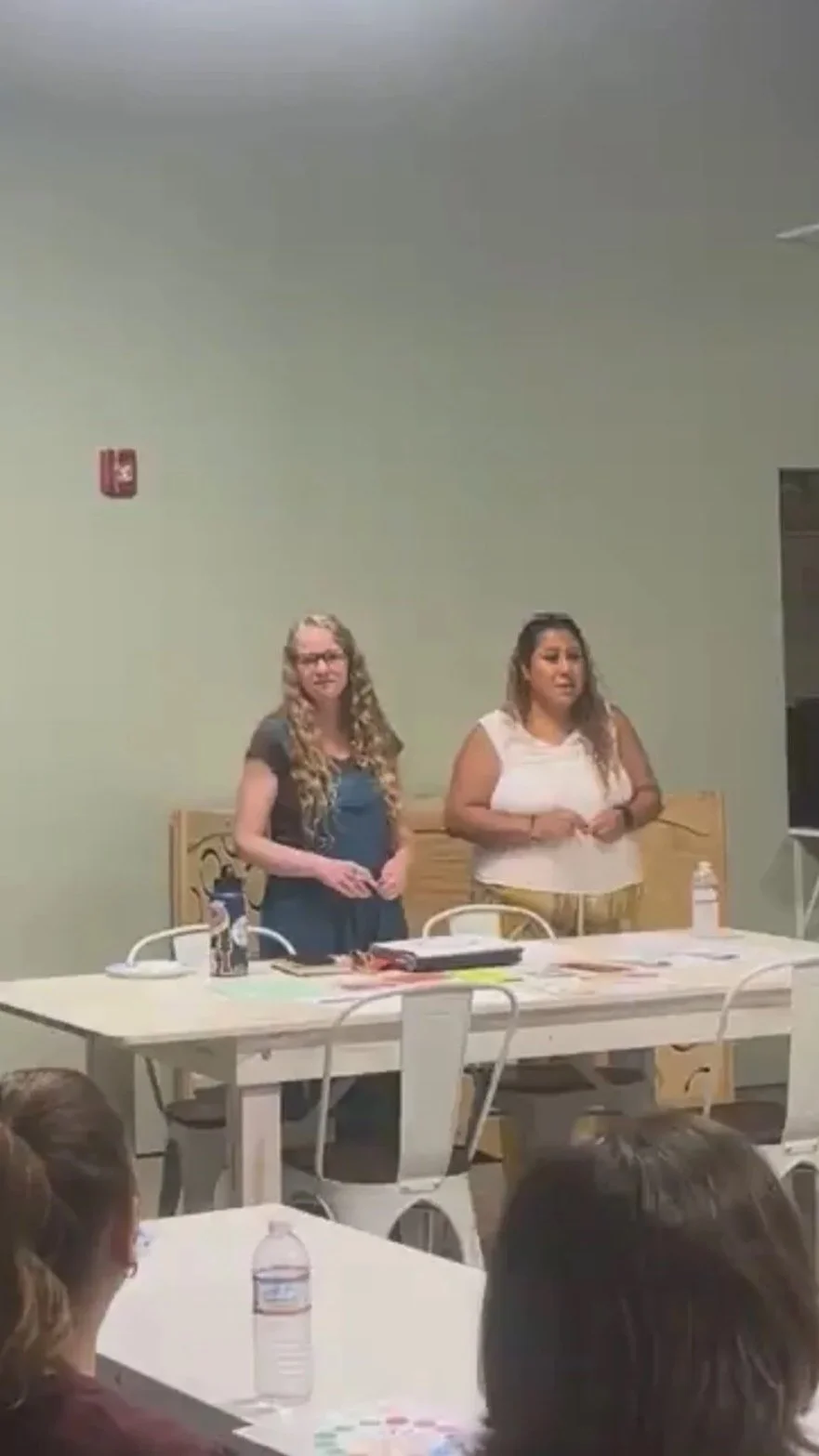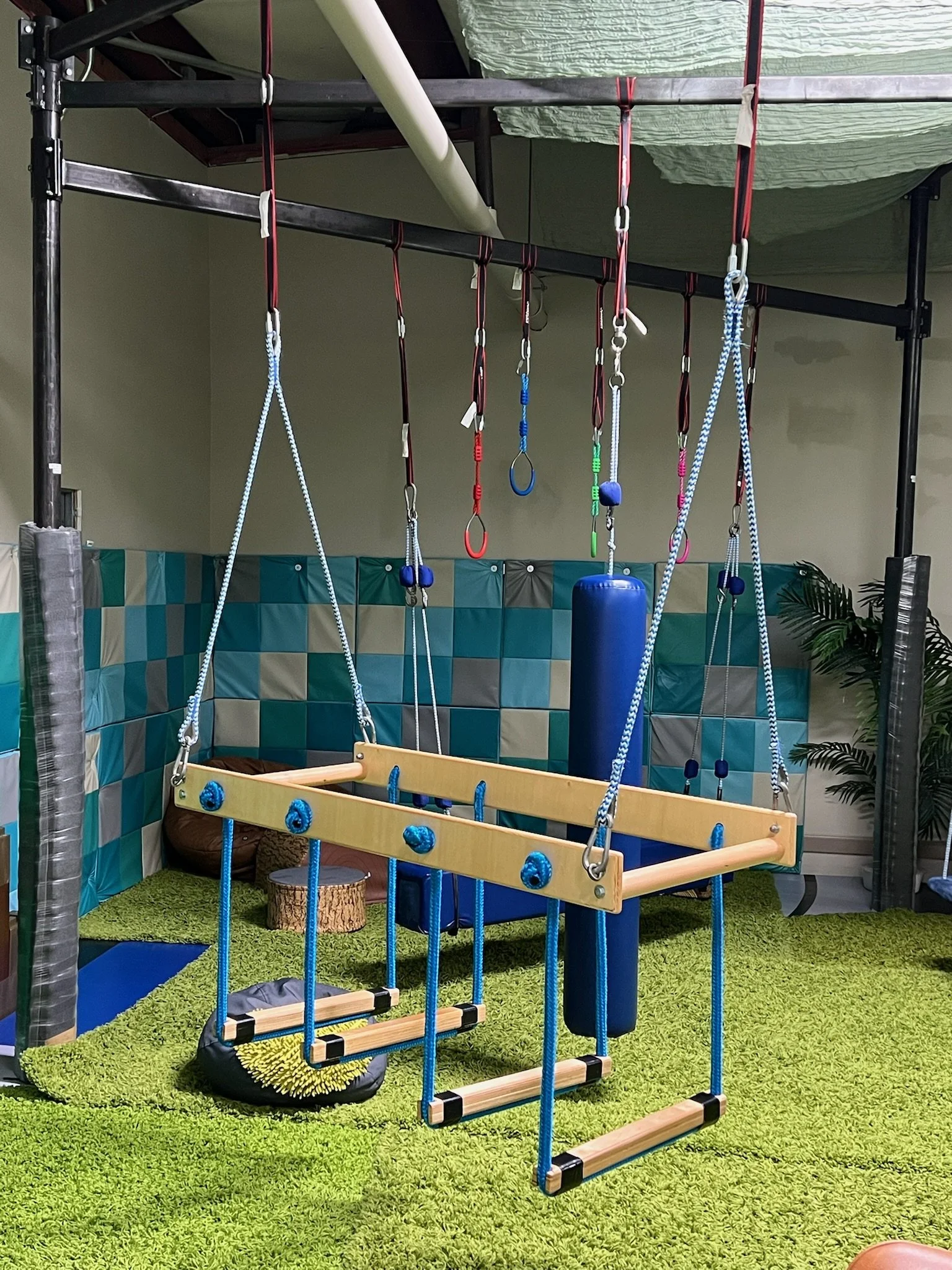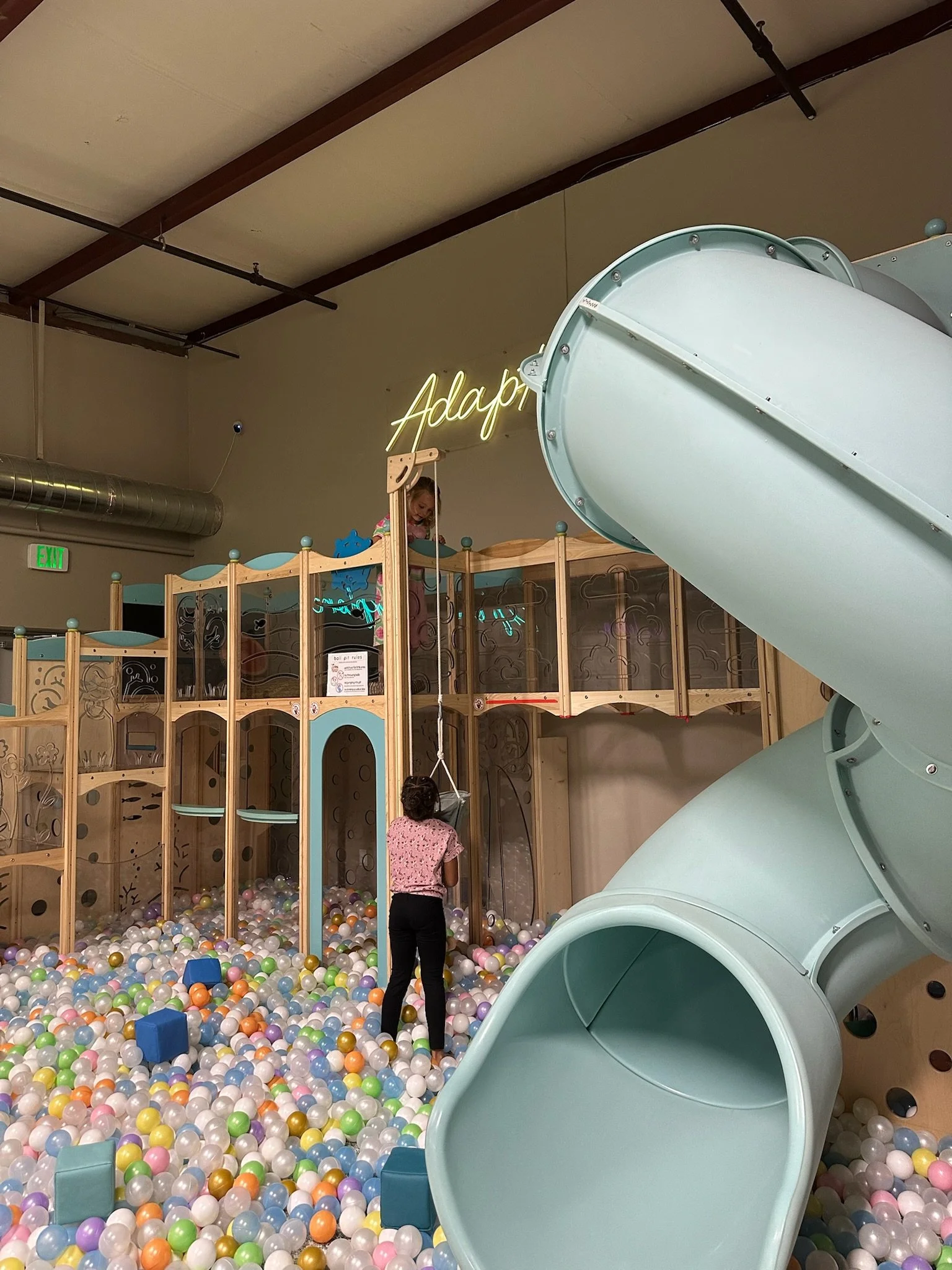Ask an Expert!
July 26th Neurodiversity Night Wrap-Up
July’s Neurodiversity Night was a lively discussion amongst parents and subject matter experts. The topic? Anything, really! Attendees had all kinds of questions, from service availability to working with schools and more.
Meet Our Hosts
Caroline Buller, BCBA
Caroline Muller is a Board Certified Behavior Analyst and Clinical Director of Inclusive Education and Community Partnership (IECP).
Board Certified Behavior Analysts holds licensure that enables them to work in a variety of settings, including school districts and private agencies. In her role as Clinical Director for IECP, Caroline oversees all behavior programs provided for kids with disabilities. That includes reviewing behavior plans, assessments, supervising staff at session, parent consultation, and anything having to do with skill building, minimizing challenging behaviors, and helping kids to be included in inclusive environments.
Erin Moynahan
Erin Moynahan is the founder and Executive Director of Courageous Engagement LLC.
Erin works to create safe spaces for people to navigate differences, resolve conflicts, and build meaningful connections. She combines professional expertise with a deep sense of empathy, informed by her personal experiences and a lifelong dedication to standing up for what is right. Erin's belief in unconditional love and her drive to break cycles of misunderstanding and mistreatment shine through in her advocacy and outreach, whether she’s helping families, empowering communities, or encouraging others to embrace a more inclusive, compassionate approach to life.
The following questions and answers have been edited for clarity and to protect individual privacy.
How do you think recent federal budget cuts will affect Regional Center services?
We don’t know the answer to that yet. So far, we have not gotten any information that anything will be scaled back or that regional center employees will be getting pay cuts. You never know, but so far we have not heard that direct services will be impacted in any way.
For the Regional Center, there have been immediate budget cuts in the self-determination program (22.5 million dollars).
How will budget cuts affect after school programming (regional center provided tutors, etc.?)
Programs on the “chopping block” are social and recreational programs. When DDS takes a big hit, those are the first to go. Regional center employees are trying to get resourceful about continuing social recreation. Additionally, there’s a chance that social recreation could be brought back when federal administrations change.
Will budget cuts affect one on one aides at school?
No. This is a need and a protection that your child has. Provision of one-on-one aides is covered by the Individuals with Disabilities Education Act (IDEA) and continues to be required by federal law.
Erin (left) talking to Neurodiversity Night guests about services. Fabiola Olimon (right) translating.
Once a child receives a regional center diagnosis and has an IEP, what are the child’s rights regarding accommodations, etc? What if I feel that my child needs a one-on-one aide?
Diagnosis doesn’t always mandate that a child will have a 1:1 paraprofessional paired with them all day. School districts don’t always have the staff to cover that need. However, if you feel as a parent or caregiver that your child should have that in their IEP, then there are community resources (Erin or the regional center) who can help you to advocate for that. Once a one-on-one aide is in the IEP, then it’s a legal document and the school has to provide it.
It’s critical to document your requests in writing. Once you submit your request, the school will do a SCIA (Special Circumstances Instructional Assessment) to see where the child needs one-on-one support (e.g., eating, p.e., academics, playground, etc.) The IEP team will then build a program where the child receives the appropriate level of aid throughout the day.
Current practice at schools is Least Restrictive Environment. This is meant to create independence in the child by allowing the child to be independent as early on as possible and as often as possible. That means that if the child is capable and able to be independent in certain situations, they should have that. However, if the child NEEDS a one-on-one aide throughout the entire school day, the school MUST provide it.
What is the difference between the Client Benefit Fund and the Self Determination Program?
The Self Determination Program (SDP) and the Client Benefit Fund are two very different programs. The SDP is a way for regional center clients to receive funding for their services. Typically, services must be rendered from RCRC vendors. However, the SDP allows you to hire anyone who can pass a background check and has knowledge of how to support you/your child.
The Client Benefit Fund is an annual pot of money that clients can apply for collectively twice per year.
The following information about the Client Benefit Fund was adapted from RCRC’s website:
The Client Benefit Fund was established to support RCRC clients with small individual grants for needs which cannot be met through other existing programs or agencies.
Funds are designated specifically for individuals with developmental disabilities in Humboldt, Mendocino, Lake and Del Norte counties who are clients of the Redwood Coast Regional Center.
Redwood Coast Regional Center clients can access the fund via a grant request form, available from their Service Coordinator. Funds are awarded twice per year in March and September. Deadlines to submit applications are February 15th and August 15th annually.
How do I access Redwood Regional Center vendor services?
Start by asking your service coordinator. There are many excellent services available in the region through vendors!
For example, Caroline’s agency (IECP) is a vendor that works on skill deficits, behavioral stuff, skill building, increasing communication, social skills, self regulation, etc.
Mendo LEAP is a vendor for social recreation.
Mendo LEAP’s adaptive play equipment is ideal for social recreation.
Do your organizations offer workshops or virtual meetings?
Yes! Erin hosts a monthly online support group and a monthly in person support group specifically for families supporting those with special needs.
When is Mendo LEAP going to start the advocacy program?
Mendo LEAP is working on a parent advocacy program for RCRC clients. We are still developing this program, but our goal is to start getting families into this program by the end of August.
What’s the difference between a conservatorship and supported decision making?
Supported Decision Making is an alternative to conservatorships. The more Erin dives into the law, the more she thinks it’s going to be a great alternative to Conservatorship.
The thing about conservatorship that isn’t discussed is that if you have a conservatorship over your child, you don’t have it, the court has it and you are appointed to oversee it. If the person who comes out to do your home visit comes on a really bad day and witnesses a lot of out of the ordinary things, they can go back to court, and report on everything they saw. If the report is negative, the court could decide to remove your child from your home.
In general, conservatorships can be great for safety but also have some drawbacks (re: the court can revoke your role as conservator, or if something happens to you the child can become a ward of the state.)
Supported Decision Making is a plan that you write out with your child. It lists people who are trusted/helpful for medical decisions, school, social life, etc. The court will talk to the people who are on the plan if the child needs help
If you’re interested in learning more about Supported Decision Making, Erin is happy to host a discussion about it at her next parent support group.
How do I talk to the school about my child’s needs?
When it’s your child that needs something and the school is refusing to accept that, it can be really hard to not be angry, hurt, and feel like the school is against you and your child. The best thing to do is focus on the desired outcome (your child having a happy place in the school environment, having their academic needs met, etc.)
What do I do if I’m unhappy with the services I’m receiving?
Communicate openly and honestly with service coordinators. Issues are often solveable/fixable! Start with the BCBA supervisor and open up the lines of communication. If you don’t see the changes you’re looking for, don’t be afraid to go to someone higher up with your concerns (director, regional center, board of supervisors.) Be very open and understanding when talking about where your child is at. Leaving services can create a delay if you decide to start services back up again.
What is the waitlist like for Board Certified Behavior Analysts?
IECP is currently only accepting clients who have morning availability (preschool age and adults.) Caroline also mentioned that IECP is always looking for passionate people to join their team, so we thought we’d drop a link to their job openings page if you’re interested!






